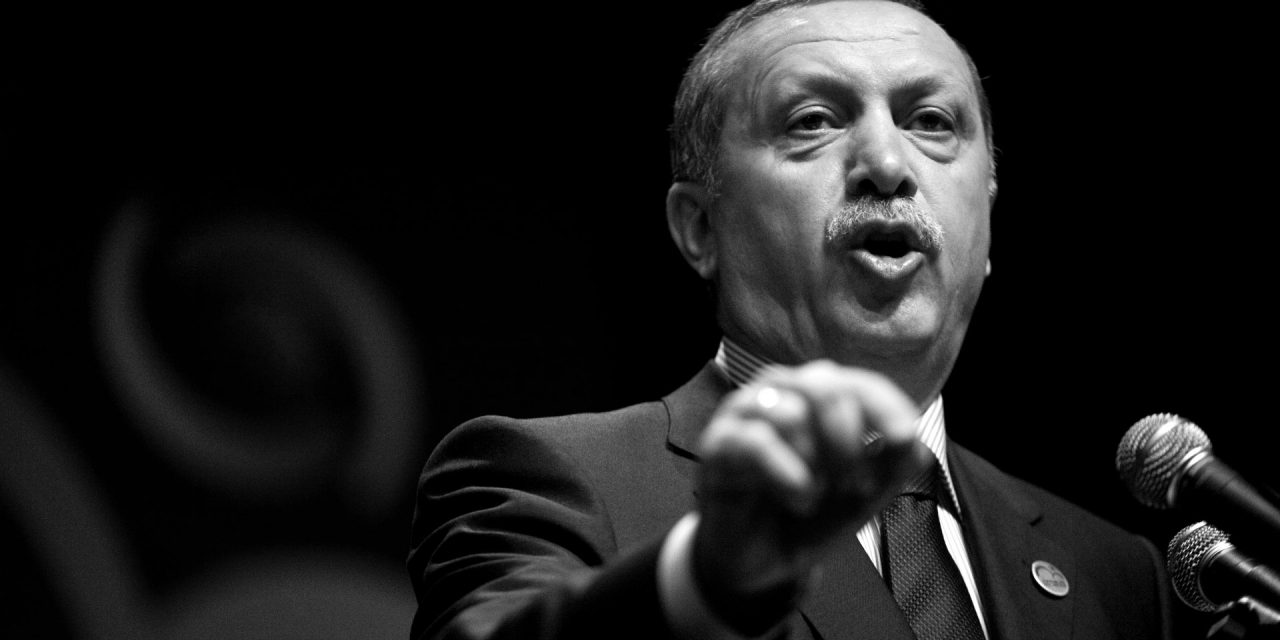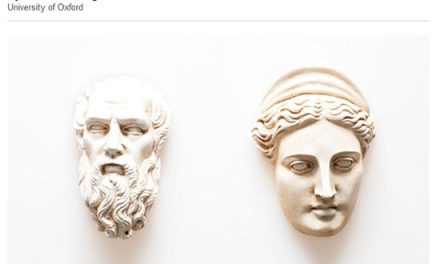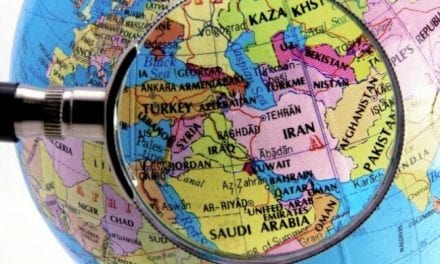President Erdogan won’t make do with ceremonies on the first anniversary of the failed coup. He wants to create a new narrative. Meanwhile the rift between Turkey and the West widens
By Zvi Bar’el, Haaretz
On Sunday at 2:32 A.M. – exactly one year to the minute after the parliament building in Ankara was bombed by military forces during a coup attempt – Turkish President Recep Tayyip Erdogan issued a statement in honor of democracy in his country. He described the failed takeover attempt, during which 249 people were killed and more than 2,000 injured, as “a historic turning point in the life of the nation.”
The president doesn’t plan just to make do with speeches and memorial services for the dead, however: He aspires to turn the failed coup into the basis for creating a new narrative.
From now on school textbooks will include new chapters that will describe the dangerous threat presented by those seeking to subvert the nation; monuments will be built; studies will be conducted about the event, with government encouragement; and national commemoration programs will become an integral part of the country’s historical heritage.
In his statement Erdogan, as befits a monarch, called on “every citizen from the country’s 81 provinces to join the democracy watch.” A memorial day for the fallen is not enough, he explained, since “nothing will be the same any more.”
In fact, the more than 50,000 soldiers, policemen, journalists, intellectuals, businessmen and ordinary citizens who have been arrested; the 150,000 individuals who were dismissed or suspended from their jobs (including about a quarter of all the judges and prosecutors in the country); and the emerging rift between Turkey and some Western countries – all this attests to the fact that since July 15, 2016, the country has undergone a real revolution. Not a military revolution but a regime revolution.
“Terror lovers” ־ that’s what Erdogan called the Kurdish Workers Party and the hundreds of thousands who embarked last week on a 450-kilometer march from Ankara to Istanbul, in oppressive heat, in honor of his exiled rival Fethullah Gulen, the Turkish cleric who lives in the United States. Last week the president announced that the state of emergency that he declared after the coup attempt will continue. At the same time, several dozen military men and civilians were arrested on suspicion of ties with Gulen, who has been singled out by Erdogan and his supporters as the initiator and planner of the failed takeover.
Moreover, anyone who uses the Bylock app for sending chats and messages – apparently used by Gulen supporters during the coup attempt last summer – will from now on be suspected of belonging to the exiled leader’s organization and can expect to be arrested.
The attack on freedom of expression in Turkey reached a peak in the past year: Newspapers were closed and editors were dismissed or arrested; and faculty members and scholars were expelled from universities after being accused of disseminating propaganda against the regime. The need to wage war against “internal enemies” has become the raison d’etre of the government, intelligence and police services.
Erdogan’s unbridled attack against his political rivals and against real and imaginary enemies is harming Turkey’s relations with several of its traditional allies. For example, Germany’s strong opposition to the president’s purge of the bureaucratic apparatus and judicial system in his country is reflected in the decision to ban Bundestag members from visiting NATO army bases in Incirlik and near Konya.
For his part, Erdogan has slammed the Bundestag, which in Germany is in charge of the army, not only for its criticism of what it sees as the harsh blow dealt to civil rights in Turkey, but also for its official decision to define the mass murders of the Armenians last century as genocide. In response, Germany has begun to transfer its soldiers from Turkey to Jordan.
Turkey’s behavior is also flashing warning lights in the headquarters of NATO, which despite its recognition of that country’s tremendous strategic importance, is beginning to ask itself whether its relationship with Erdogan – who uses their partnership as a political lever – helps him more than the international organization.
There are already some who believe that the cooperation between U.S. President Donald Trump, who apparently despises NATO, and Erdogan is liable to lead to the disintegration of the important Western strategic alliance.
But there is no need to rush to link Trump and Erdogan. The two are divided not only on the issue of assistance to the Kurdish rebels in Syria, but also on the question of Gulen’s extradition to Turkey. Senior Turkish spokespersons said they “don’t understand” why the United States is dragging its feet on the matter – especially after “all the required documents have been sent to it,” as the justice minister put it. American sources confirm that many cartons of documents were in fact sent, but no smoking gun has so far been found.
Turkey has been divided since July 15 of last year into two rival camps. About half support Erdogan and his policies; members of the other half feel abandoned, frustrated and depressed. As in Israel, the opposition has been finding it difficult, for over 14 years now, to produce a worthy opponent to Erdogan, or to influence the course of his constitutional revolution.
“The result is that we’re only gradually getting accustomed to this situation and are learning how to live with our heads bowed,” a senior professor at Ankara University, who was afraid to identify himself, told Haaretz.
“I was opposed to the coup and I’m not among Gulen’s supporters, but I always felt that the university was a protected hothouse, where I could express political opinions at least among colleagues. Today I teach in fear that I might blurt out something to one of the students that will be understood incorrectly. We are now living in a new type of democracy, a democracy of fear,” he said, repeating the request that I refrain from mentioning his name.
Apparently that’s what Erdogan meant when he said that from now on things won’t be the same.



















